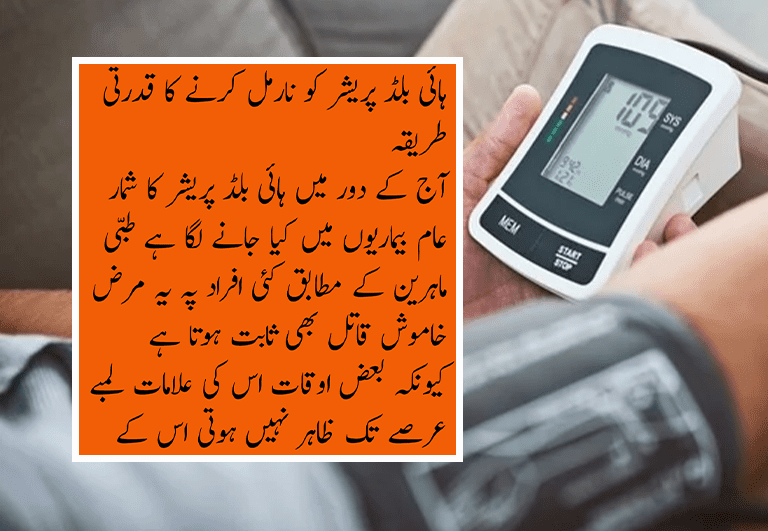Exploring Homeopathic Treatment: A Holistic Approach to Wellness
Homeopathy is a holistic system of medicine that aims to treat the whole person, addressing physical, mental, and emotional aspects of health. This approach is based on the principle of “like cures like,” where a substance that can cause symptoms in a healthy person is used in a highly diluted form to treat similar symptoms in a sick person. Here’s an overview of homeopathic treatment and its principles:
Principles of Homeopathy:
Law of Similars: Homeopathy follows the principle that a substance that can produce symptoms in a healthy person can stimulate the body’s natural healing response when given in a highly diluted form to a sick person with similar symptoms.
Individualization: Homeopathic treatment is highly individualized. It considers a person’s physical, mental, and emotional characteristics to prescribe remedies that match their unique symptoms and constitution.
Minimum Dose: Homeopathic remedies are prepared through a process of serial dilution and succussion (shaking). The goal is to minimize the physical substance while maximizing the energetic properties of the remedy.
Totality of Symptoms: Homeopaths consider the totality of symptoms experienced by the individual, including both physical and emotional aspects. This comprehensive approach helps identify the most suitable remedy.

Conditions Treated by Homeopathy:
Homeopathy is used to address a wide range of acute and chronic conditions, including:
- Allergies
- Respiratory infections
- Skin conditions
- Digestive disorders
- Hormonal imbalances
- Musculoskeletal issues
- Anxiety and depression
Advantages of Homeopathy:
Holistic Approach: Homeopathy treats the person as a whole, addressing physical, mental, and emotional aspects of health.
Minimal Side Effects: Homeopathic remedies are highly diluted and gentle, making them generally well-tolerated with minimal side effects.
Individualized Treatment: Each person’s unique symptoms and constitution are considered, leading to tailored treatment plans.
Non-Invasive: Homeopathy is non-invasive and does not involve surgical procedures or invasive interventions.
Complementary Use: Homeopathic treatment can be used alongside conventional medicine, complementing other therapies.
Critiques and Considerations:
While many individuals find relief through homeopathy, it’s important to note that scientific evidence supporting its effectiveness can be mixed. Some critics argue that the extreme dilution of remedies makes them biologically implausible. As with any form of treatment, it’s advisable to consult a qualified healthcare professional before starting homeopathic treatment, especially for serious or chronic conditions.
Conclusion:
Homeopathy is a holistic system of medicine that takes into account the individual’s physical, mental, and emotional well-being. It’s based on the principle of “like cures like” and aims to stimulate the body’s natural healing response. While homeopathy has its proponents and critics, it’s important for individuals considering this approach to consult with a qualified homeopath and make informed decisions about their healthcare.






